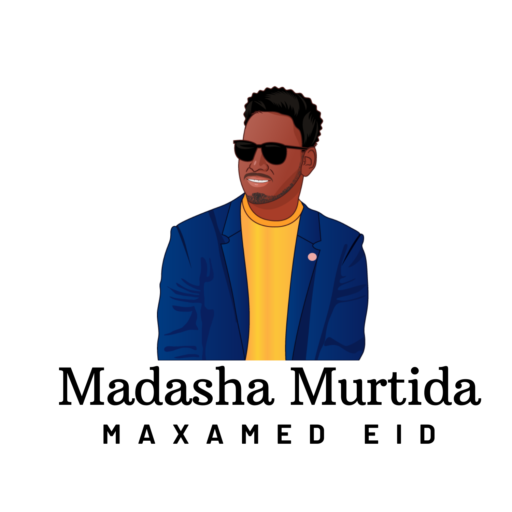
The Other Road
Mohamed-Eid Osman
When Yassin first set foot on American soil, he believed he was stepping into his future. The air smelled different, crisp with possibilities, and the city’s skyline stretched out before him like an open invitation. Back home, there were no such invitations—only closed doors, heavy with expectation and struggle.
He came with dreams of building something better, of sending money home, of proving to himself and his family that he was capable of more than what was written for him. He worked hard, picking up shifts wherever he could, doing jobs no one else wanted. He endured long hours, aching muscles, and nights where sleep was a luxury, all in the hope that one day, he would no longer have to struggle.
But America had another side, one that didn’t care about dreams or effort.
Maybe it was the wrong place at the wrong time. Maybe it was a bad decision made in desperation. He thinks about that moment often—how things could have gone differently. The night when the police pulled him over, their questions sharp and accusing, their minds already made up. He was a foreigner, an easy suspect, his accent enough to brand him as someone who didn’t belong.
He remembered trying to explain, his words stumbling over themselves, but they didn’t care to listen. Their eyes saw what they wanted to see—a young immigrant with little means to defend himself. Handcuffs clicked around his wrists before he even understood what was happening. Did he do what they said he did? Or was he caught in something bigger than himself? Yassin doesn’t know if the truth matters anymore. The courtroom was a blur of words he couldn’t fully understand, the gavel came down, and suddenly, the life he had built—fragile and unfinished—was gone.
Now, he wakes up to the sound of metal doors clanking shut, the murmurs of other men who have also been swallowed by the system. His cell is small, his world even smaller. The first few weeks, he barely spoke. He couldn’t eat. He couldn’t sleep. Every night, he lay on the thin mattress, staring at the ceiling, wondering how his life had unraveled so quickly.
But he refuses to let go of hope.
He reads law books now, tracing the lines with his fingers, whispering the words under his breath. He writes letters to lawyers, to organizations, to anyone who might listen. He teaches himself the language of the courts, the language of justice, because if no one will fight for him, he will learn how to fight for himself.
Because there is another version of this story, one where he walks free. One where the truth is untangled from the mess of assumptions and mistakes. One where he steps outside these walls and into the life he was meant to have. He straightens his tie and adjusts the papers on his desk. The morning sun filters through the glass windows of his office, casting a golden glow on the polished wood. He feels the weight of responsibility on his shoulders, but it’s the kind he welcomes—the kind that comes with purpose.
His phone buzzes.
“Mr. Yassin, you’re needed in the boardroom,” a voice says on the other end.
He stands, buttoning his suit jacket, and glances at the framed picture on his desk—his mother’s smiling face. He has made it. The struggle, the years of waiting, of fighting—it was all worth it. Later, he walks down a quiet street, the scent of warm bread drifting from a nearby bakery. He greets familiar faces, his steps light, unburdened. The city is no longer foreign. It is his home now, a place where he belongs. A faint sound echoes through the peaceful morning. A distant clang, then the sharp rattle of metal against metal. His breath catches. Something feels off. The world around him begins to fade.
Then—“Morning check!”
The harsh voice of the guard pulls him back. The dream shatters. Yassin blinks, his eyes adjusting to the dim light of his cell. The gray walls are still there. The bars still hold him in. His freedom was never real—at least, not yet.
He exhales, pressing his fingers against his temples. The dream lingers, refusing to fade entirely. He knows what it means. It wasn’t just a dream. It was a reminder. A vision of what could still be.
One day, he tells himself. One day…
